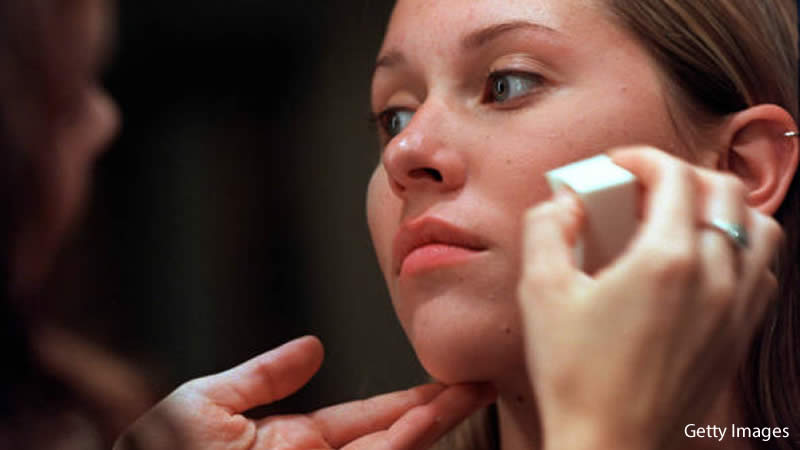A newly formed pimple has settled on your cheek when you wake up in the morning and go to the restroom to get ready for work. Although most people can identify with this experience, it may nonetheless make some people feel uncomfortable.
According to Verywell Health, acne can lower a person’s sense of self-worth and can be a factor in depressive and anxious thoughts. Because of this, it’s crucial to understand the causes of acne and the possible treatment choices.
Why does acne initially develop? There is science behind these little bumps, according to the Mayo Clinic. The clinic notes that the body parts with the most oil glands including the face, chest, and upper back — are more prone to developing acne. If dead skin cells or oil clog the hair follicles that are related to these oil glands, acne may develop.
Hormone changes can also play a significant role in the accumulation of oil. As a result, menstrual cycle phases may increase acne in women, while puberty can cause acne in teenagers.
Anyone who is concerned about their acne should think about seeing a dermatologist, a doctor who focuses on treating skin conditions, whether their case is mild or severe. The Mayo Clinic lists over-the-counter drugs, lotions applied to the skin, chemical peels, and prescription medications as potential treatments for acne, as per the Health Digest reports.
Misconceptions about acne
Even though acne is a common condition that many people encounter at some time, many myths about it still need to be dispelled. A 2020 study that was published in the Current Health Sciences Journal found that many acne vulgaris patients showed knowledge of the skin condition.
According to the researchers, incorrect data regarding the condition has skewed how the general public views acne, and resources for public education should be made available to counter this misconception.
One of the most harmful acne myths is that people with acne need to wash their faces more frequently since it’s due to poor hygiene. According to dermatologist John Fournier, shared with Boston Magazine, repeatedly cleaning your face won’t help you get rid of acne.
The exact reverse may be the case. According to Fournier, excessive skin cleaning can dry up the skin, which encourages the production of additional oil that can clog pores.
Another common misconception about acne is that it only affects teenagers. This is also incorrect because acne can affect people of any age. According to Dr. San Filippo, he has treated patients with acne who were in their 70s (per Center for Surgical Dermatology).
Additionally, the Center notes that while a lot of people think that stress causes acne, this is only partially true. Stress may cause a breakout in someone who is already prone to acne, but it may not happen in someone who doesn’t often get acne.


